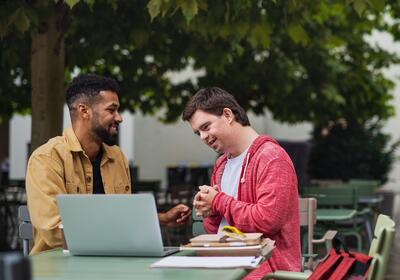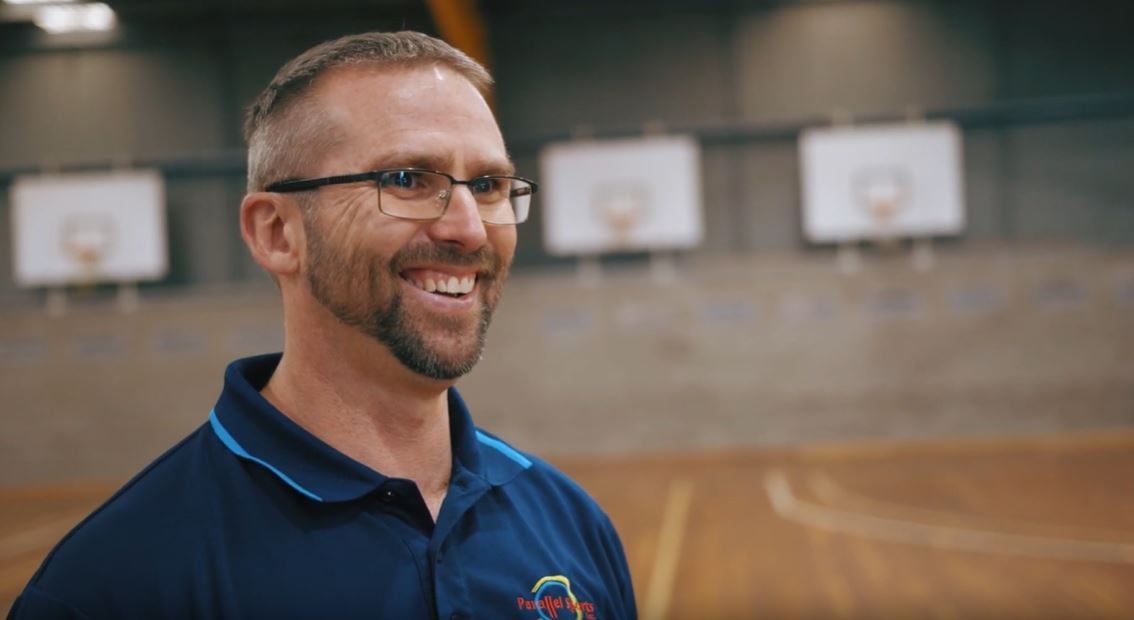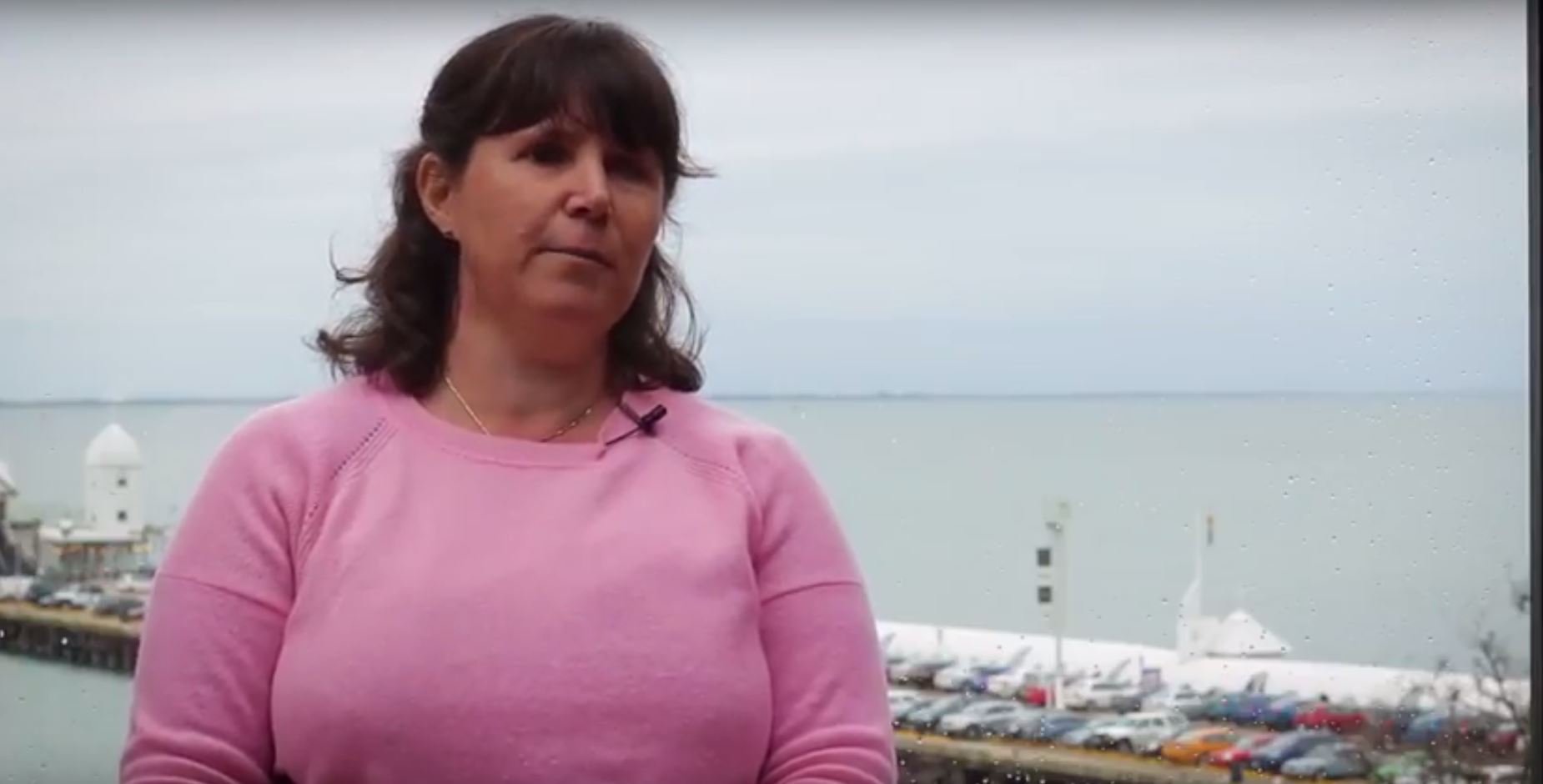
Current skills and knowledge
Our courses in disability will provide you with relevant, up-to-date skills and knowledge, geared towards changes to government funding and care in disability, such as the National Disability Insurance Scheme.
You'll form relevant, innovative and critical approaches to understanding disability and inclusion thanks to the up-to-date and practical material taught in our courses. One in five Australians have a disability, so you'll be ready to join a rapidly growing sector.
An undergraduate degree is generally completed between two to four years, depending on the pattern of study and any recognition of prior learning you may have. Associate degrees, bachelor and bachelor with honours are all undergraduate degrees.
A postgraduate qualification can be undertaken by students who have already completed an undergraduate degree or possess significant, demonstrable work experience. Postgraduate courses include graduate certificates, graduate diplomas, masters and PhDs, as well as specialist programs for industry professionals.
Research degrees are research based master’s or PhD programs that focus on a single area of expertise. They provide students the opportunity to carry out highly specialised research under expert supervision.
Postgraduate disability and inclusion course director Dr Jo Watson has an extensive global profile, having practised, taught and undertaken research in Hong Kong, China, Australia and the USA. Dr Watson is particularly focused on the impact of the UN Convention on the Rights of Persons with Disabilities (CRPD) on the human rights of people with complex communication and support needs. Dr Watson has practiced as a speech pathologist and is the daughter and sister of two wonderful women with disability.

Our courses in disability will provide you with relevant, up-to-date skills and knowledge, geared towards changes to government funding and care in disability, such as the National Disability Insurance Scheme.

Deakin’s leading academics are globally recognised experts in research, teaching, and learning in disability and inclusion. Their innovative approaches to social inclusion and disability contribute to the contemporary approaches of our courses.
If you're interested in furthering your career in disability and inclusion, Deakin can help you get there.
We have varying postgraduate disability and inclusion courses you can apply for depending on whether you hold an undergraduate degree (related or non-related) or have relevant work experience in the field.
If you're new to this discipline area and looking to take the first step towards your future career, you can begin your journey at the undergraduate level. Browse the undergraduate offerings in some of our other health sciences and allied health disciplines:
I envisage a world where inclusion isn't dependent on whether someone has a disability. Our students graduate with the tools, passion and skills to create change.
Jo Watson
Senior Lecturer, School of Health and Social Development
Research related to this discipline is conducted by the Determinants of Health research domain of the Institute for Health Transformation. Increase your job opportunities by being better informed about positive options and techniques to assist and support the one in five members of the Australian population who has some form of disability.

Tailor your degree to suit your passions and interests with a Bachelor of Heath Sciences at Deakin.

Student Kellie Hall talks about her experiences studying the Graduate Certificate of Disability and Inclusion at Deakin University.